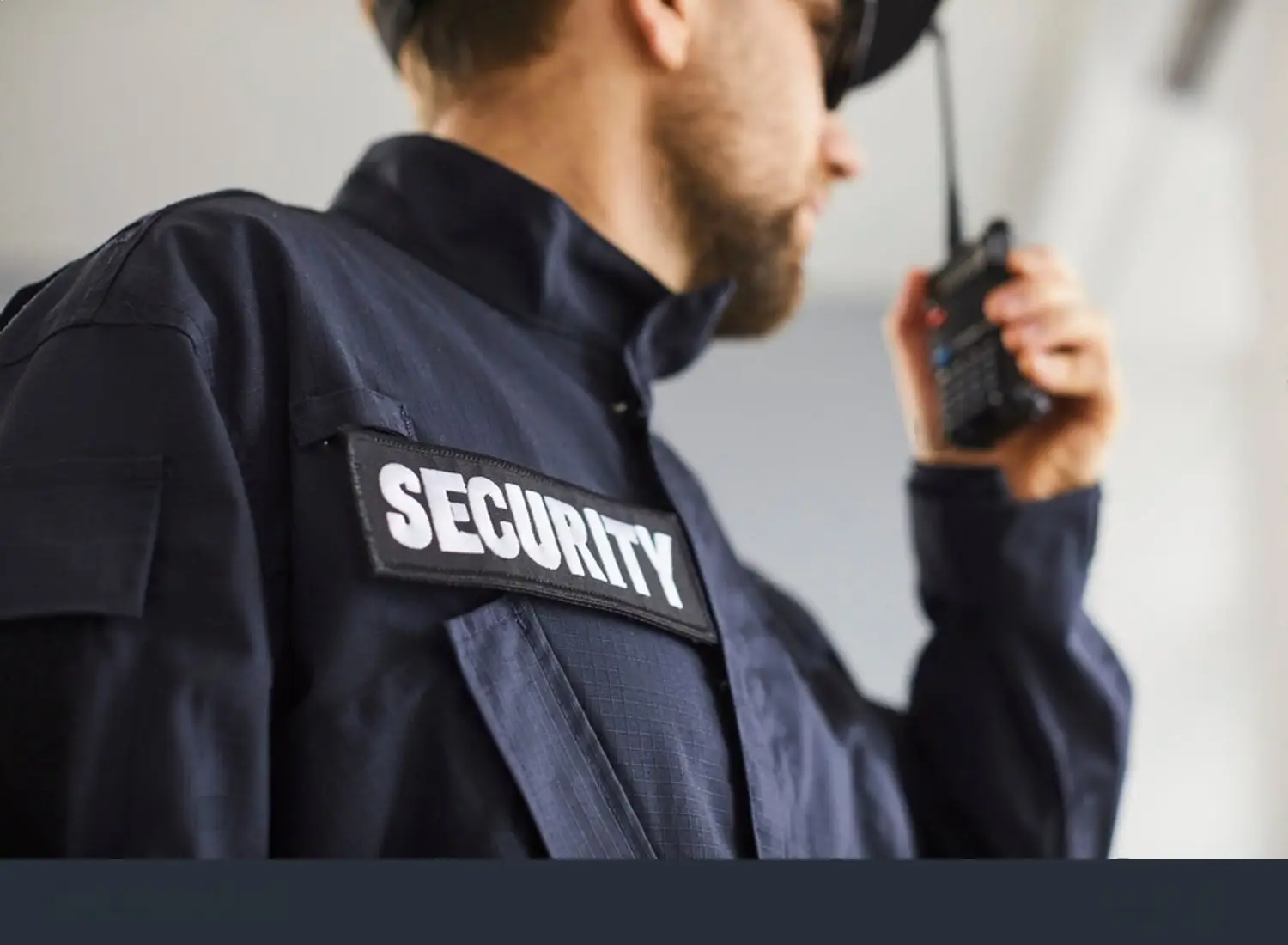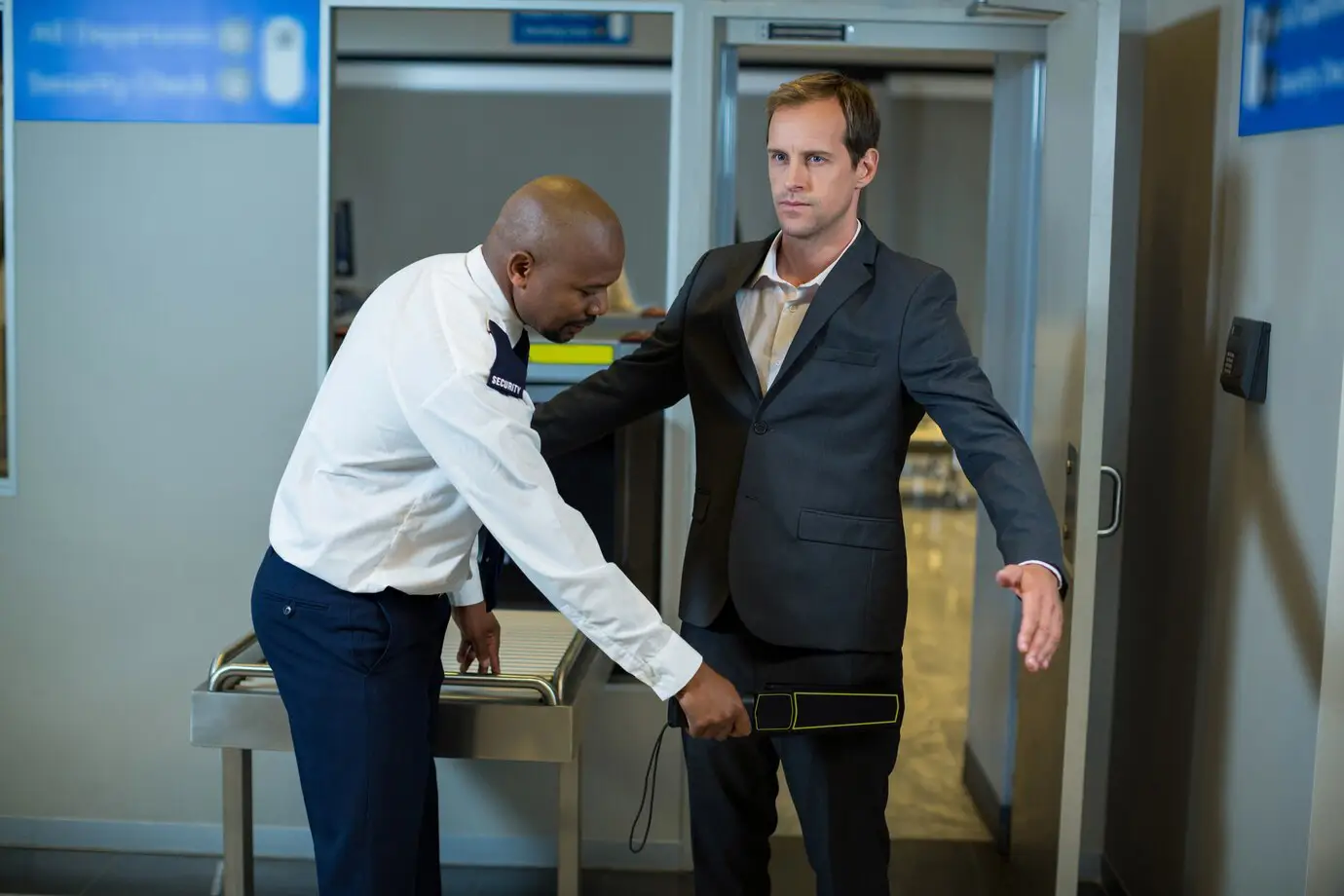
What Happens During an SIA Audit?
By London Security College Is Your Licence Near to Expire? SIA Refresher Training + First
SIA Refresher Training + First Aid– Keep Your Licence Active! Only £199
Handcuffs are a vital tool for law enforcement and security personnel, but their use involves significant legal responsibilities. Misusing handcuffs can lead to legal consequences and damage to professional reputations. Today, we explore the history, legal considerations, proper usage, and the distinctions between the powers of police and security officers in the UK.
Understanding these guidelines is essential if you’re a security professional or aspiring to be one.
Handcuffs are restraint devices used to restrict a person’s mobility. They are employed to:
Police officers in the UK are authorised to use handcuffs under the Police and Criminal Evidence Act (PACE) 1984 when it is:
Officers must continuously assess whether the continued use of handcuffs is justified and remove them once the situation is controlled.
Security officers have limited powers compared to police officers but can use handcuffs under certain conditions:
Detain Individuals Under Citizen’s Arrest:
Protect Property and People:
Arrest for Summary Offenses:
Excessive Use of Force:
Assume Police Powers:
False Imprisonment Claims:
Misuse of Handcuffs:
Failing to follow SIA rules and UK laws can have severe consequences:
Handcuffs are valuable tools for ensuring safety and control, but their misuse can have serious legal and professional consequences. Security officers must be well-trained, act within the boundaries of UK law, and always maintain professionalism.
At London Security College, we offer comprehensive training for security professionals, including correct use of handcuffs and understanding of legal responsibilities.
Stay informed, stay compliant, and ensure safety for everyone involved.
Yes, if they are trained and used under lawful circumstances, such as during a citizen’s arrest.
No, it is not illegal, but misuse can lead to legal consequences.
UK police commonly use rigid handcuffs like Hiatt Speed cuffs for maximum control and ease of use.
Yes, if applied too tightly or left on for extended periods. Regular checks are essential.
No, Police Community Support Officers (PCSOs) generally do not carry handcuffs.
There is no specific time limit, but handcuffs must be removed as soon as it is safe to do so.
Misuse can lead to legal claims, loss of SIA licenses, reputational damage, and even criminal charges.

By London Security College Is Your Licence Near to Expire? SIA Refresher Training + First

By London Security College Is Your Licence Near to Expire? SIA Refresher Training + First

By London Security College Is Your Licence Near to Expire? SIA Refresher Training + First

By London Security College Is Your Licence Near to Expire? SIA Refresher Training + First
London| Birmingham| Manchester | Leeds | Glasgow | Sheffield
London Security College is the leading supplier of SIA Licence courses in London. We excel in SIA Courses such as SIA Door Supervisor Course, SIA Top Up Training, SIA CCTV Surveillance Course, First Aid Courses, Traffic Marshal Banksman Course Online, and Forklift Training Course.
“It is impossible for a man to learn what he thinks he already knows”
London Security College
International House,
24 Holborn Viaduct,
London, EC1A 2BN
020 8050 4108
Copyright © LONDON SECURITY COLLEGE is a training and hiring platform

Fill in the form below